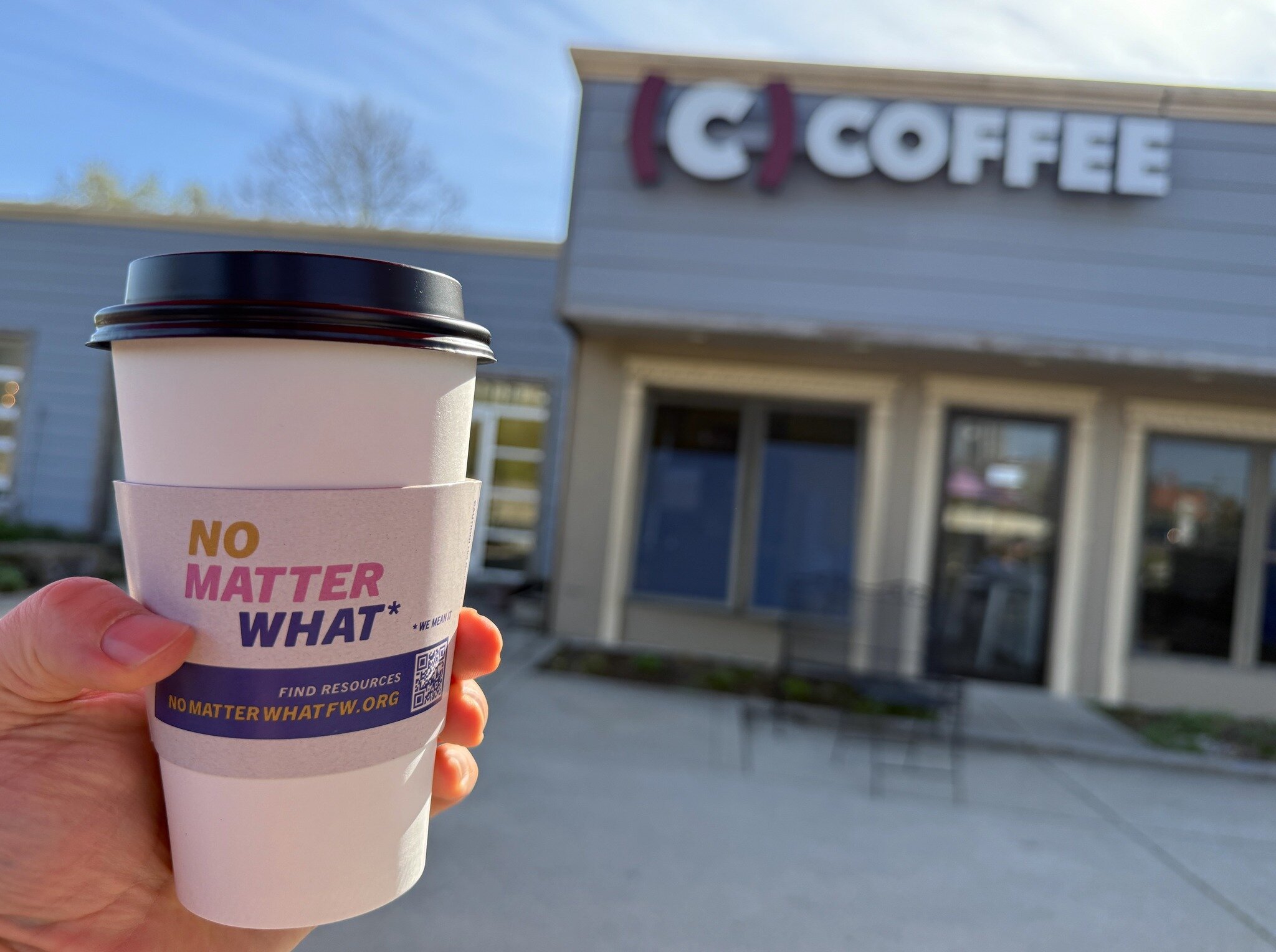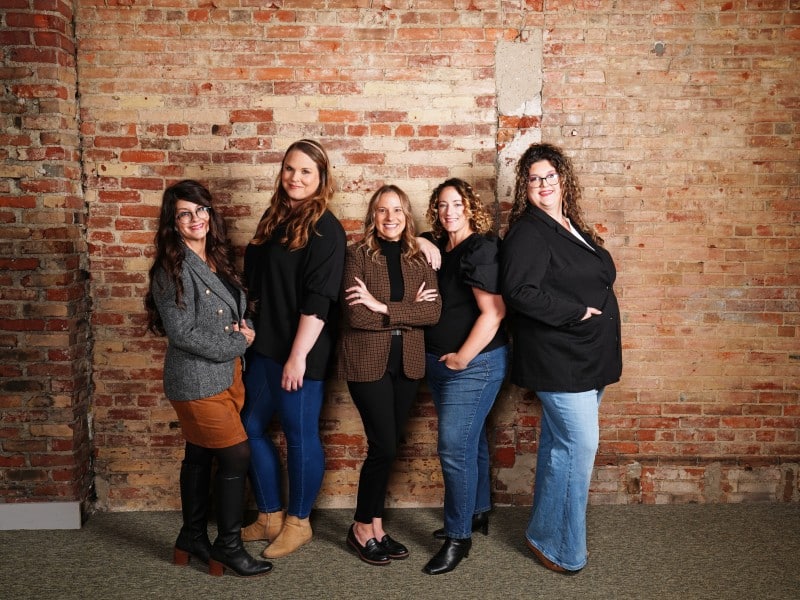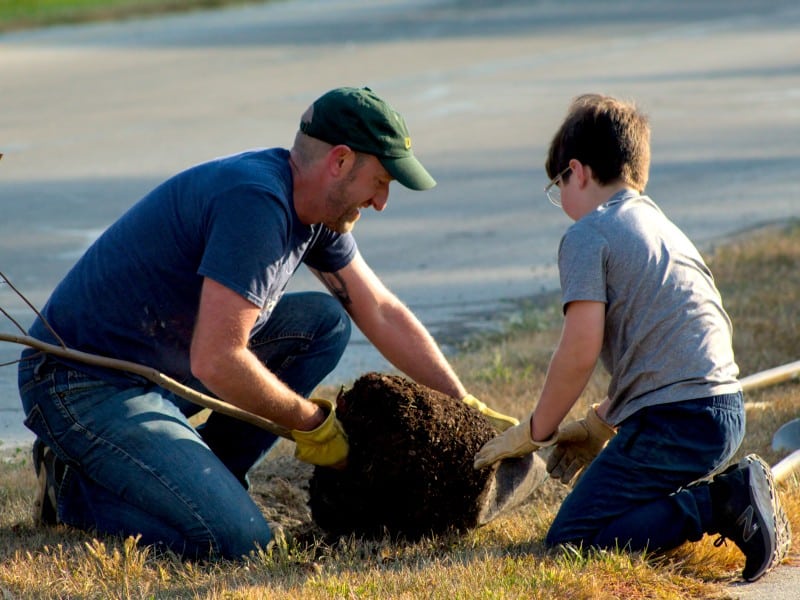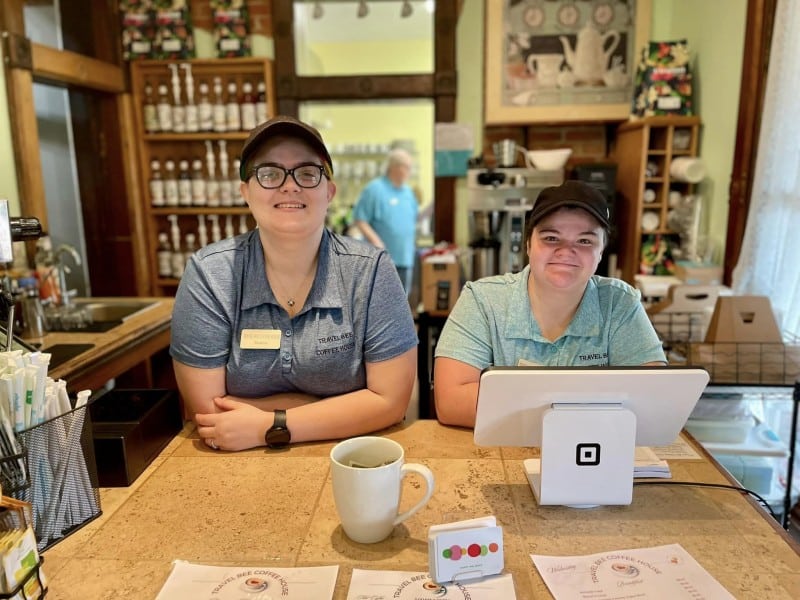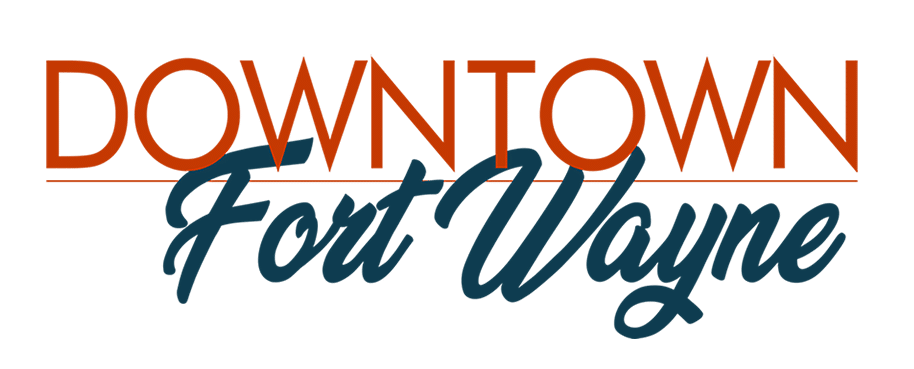How grassroots activism and legislative efforts are taking aim at Indiana’s rape kit backlog
“The more we hear from the public, the clearer it becomes where the state’s priorities should be."
In early 2025, Indiana faced a grim reality: more than 600 untested rape kits were sitting in state crime labs, with many more likely languishing in local law enforcement storage. In northeast Indiana, the crisis is particularly acute. Seventeen counties depend on a single forensic facility, the Indiana State Police crime lab in Fort Wayne. As a result, survivors of sexual assault often wait six to eight months for evidence to be processed. For many, those delays deepen trauma and jeopardize the pursuit of justice.
The Women’s Fund of Greater Fort Wayne has emerged as a leader in community efforts to address this gap. Their No Matter What campaign, launched in 2021, is a multipronged initiative aimed at connecting survivors with resources, educating the public, and advocating for systemic reform.
At the same time, Indiana State Representative Becky Cash (R-Zionsville) has taken the issue to the state legislature. Earlier this year, she authored a bill that would have provided critical funding to reduce the backlog and improve forensic infrastructure. While that legislation stalled in the Senate, the money it requested—$2.5 million—was quietly preserved in the state budget through a strategic reallocation.
Together, these grassroots and legislative efforts reveal a shared goal: ensuring that survivors are heard, supported, and prioritized, no matter what.
A local campaign that meets survivors where they are
The No Matter What campaign grew out of a 2020 listening tour conducted by the Women’s Fund. Executive Director Cassie Beer says her team heard repeated stories of survivors being shuffled between service providers, unable to find what they needed.
“We kept hearing how hard it was to navigate the system,” Beer says, “People were showing up at emergency rooms, trying to get a rape kit, and being told they had to go somewhere else. But they didn’t know where to go. The result was more confusion, more trauma.”
The issue is compounded by the fact that the Fort Wayne Sexual Assault Treatment Center is the only facility in a 19-county region that administers forensic rape kits. Many survivors do not realize this until they are in crisis.
In response, the Women’s Fund launched a website with comprehensive local resources and began distributing QR codes that link directly to it. The codes appear on coasters, coffee sleeves, and bathroom stall stickers placed in locations like restaurants, bars, and coffee shops. The goal is simple: make help accessible and discreet.

Coaster Campaign: 2024 No Matter What coaster campaign
According to Beer, in 2024, the No Matter What site connected 327 unique visitors to an agency on the resource page.
In the past year, the campaign distributed coasters in 40 restaurants and coffee sleeves in 27 coffee shops, while also placing stickers in 160 bathroom locations across the area.
“Help should be unavoidable,” Beer says, “And we’re seeing the campaign spark important conversations, not just among customers, but among staff. These materials are encouraging people to rethink victim blaming and what it means to support survivors.”
Pushing for policy reform at the state level
While local efforts offer immediate support, they cannot address the systemic issues driving the backlog. That’s where Representative Becky Cash comes in.
Cash says she was inspired to take action after learning that the state’s sexual assault response systems had not improved meaningfully in decades.
“The rates of sexual abuse among children haven’t changed since I was a child,” she said, “When I entered the General Assembly, I realized this issue had stalled for years. I wanted to change that.”
After working with stakeholders and investigating the root causes of the backlog, Cash discovered that the state’s crime labs were under-equipped and understaffed. She learned that the labs were not only responsible for processing rape kits, but also handled forensics for firearms, clothing, and other evidence.
“We needed more equipment and competitive wages,” she said. “The labs were hiring qualified people, but losing them to better-paying jobs.”
House Bill 1413, which she authored, proposed a $2.5 million investment to address those needs. The bill passed unanimously in the House.
Although it later stalled in the Senate Appropriations Committee, the funding itself survived. Lawmakers removed the appropriation from the bill to prevent delays and instead allocated the funds directly to the Indiana State Police within the broader budget. This preserved the money without needing the bill’s language to pass.
“The $2.5 million is there,” Cash confirmed. “Everyone involved knows what it’s for. The Indiana State Police now have to take steps to access the funding for its intended purpose.”
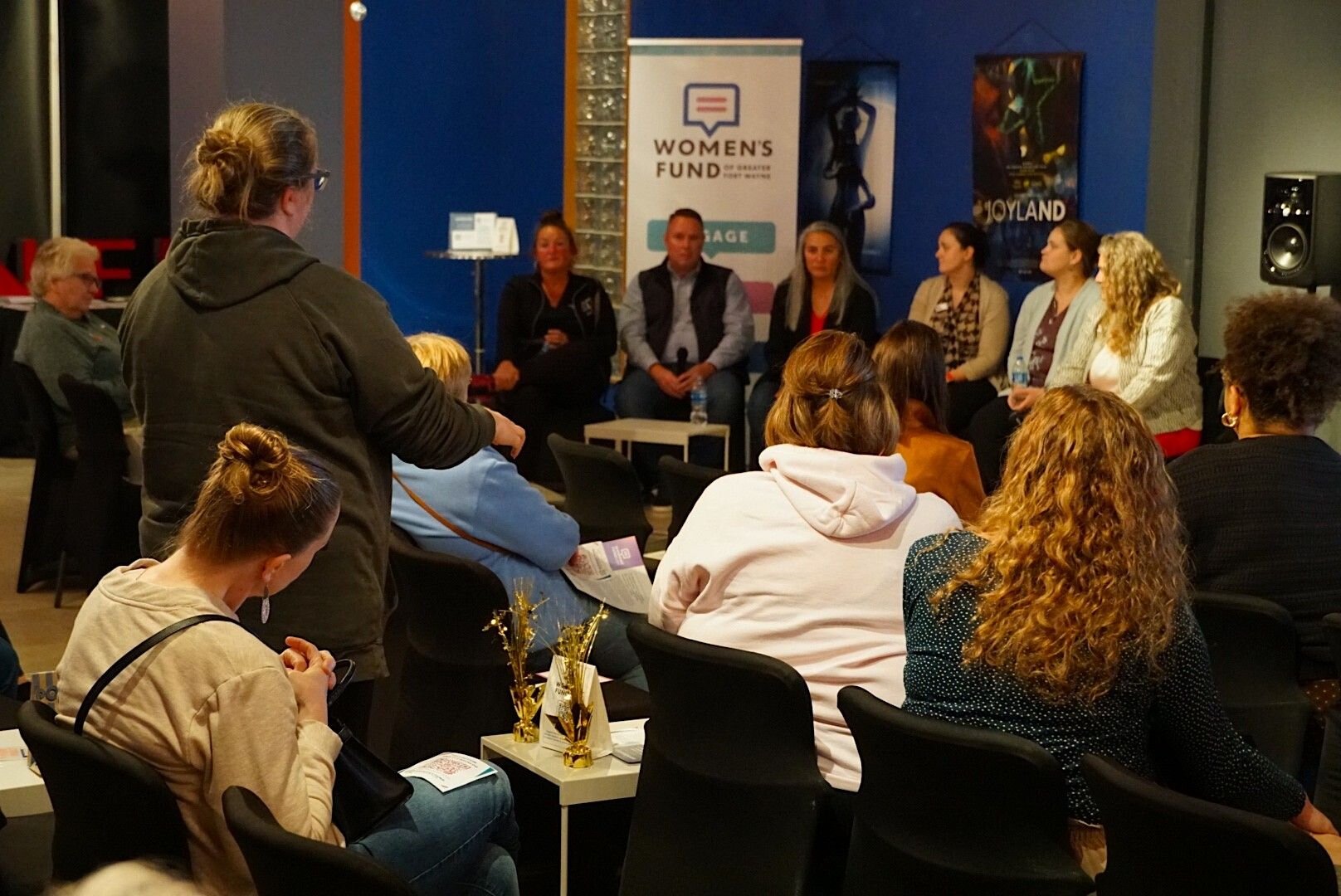
Women’s Fund screening of the documentary “I Am Evidence” at Cinema Center, followed by a panel discussion of the rape kit backlog. October 2024 at Cinema Center.
Cash is meeting with state police and crime lab leadership this summer to help facilitate that process. She also plans to reintroduce the bill next session if needed, although the biggest obstacle—funding—has already been cleared.
Systemic challenges remain
Despite this progress, many barriers still stand in the way of fully eliminating the backlog.
Beer points out that Indiana is one of the few states in the region that has not mandated rape kit testing or developed comprehensive tracking systems.
“In other states that cleared their backlogs, they found hundreds of serial rapists,” she said. “The idea that women make this up simply isn’t supported by the data.”
National comparisons underscore this gap. According to the Joyful Heart Foundation’s End the Backlog initiative, Indiana lacks several reforms that have proven effective elsewhere. The state does not mandate testing of all kits, does not require annual inventories, and does not provide survivors the right to be notified when their kit is tested. Indiana did pass legislation in 2018 to create a statewide tracking system, but that system lacks a publicly accessible victim portal—something other states, like Pennsylvania and North Carolina, have implemented successfully.
In 2024, North Carolina announced it had cleared its rape kit backlog entirely, following a coordinated, bipartisan effort involving state officials, law enforcement, and forensic scientists. That effort was made possible by sustained funding, transparent reporting, and a firm legal mandate that all kits be tested.
In contrast, Indiana’s progress has come in fits and starts. While House Bill 1413 aimed to accelerate kit processing through better equipment and staffing, it did not include language to require uniform testing or reporting.
Cash emphasized the importance of addressing those gaps in future legislation. One element of her original bill would have required labs to report regularly on processing times and backlog numbers.
“We need transparency and accountability if we want to keep improving,” she says.
Experts also point to the economic case for eliminating backlogs. Studies cited by End the Backlog show that processing every kit could save states hundreds of thousands of dollars per averted assault, not to mention the human cost of crimes that might have been prevented.
The road ahead: Local efforts and statewide impact
The Women’s Fund is continuing to expand its campaign. They are forming new partnerships with Women4Change and the Women’s Fund of Central Indiana to strengthen their advocacy statewide. Another round of coaster distribution is planned for October, during Domestic Violence Awareness Month.
They are also exploring long-term strategies to ensure sustainable outreach, given that the campaign depends on voluntary business participation and nonprofit funding.
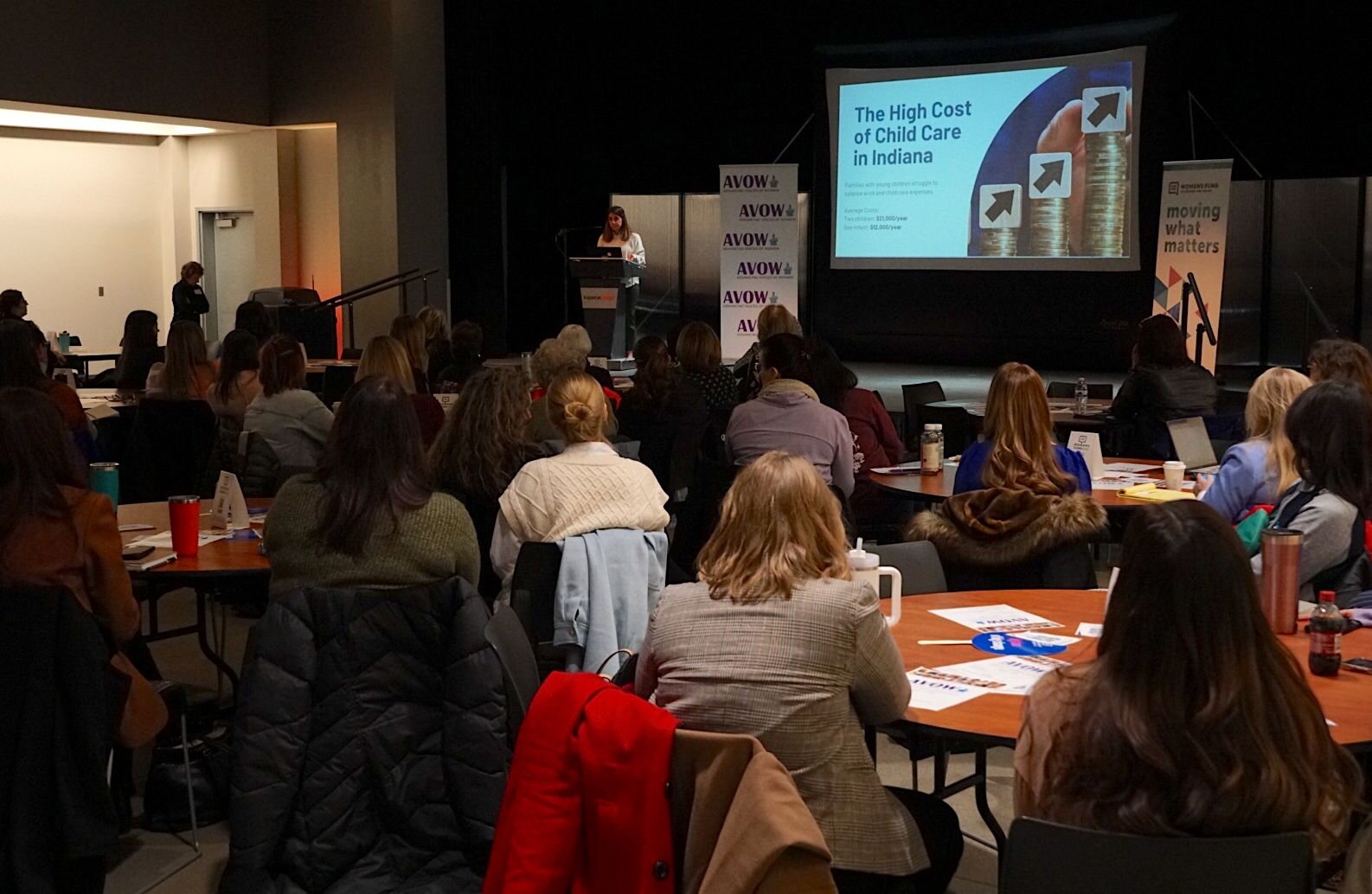
Meanwhile, Cash is already thinking ahead to the next step: ensuring that law enforcement agencies across the state adopt best practices when handling sexual assault reports.
“We need to make sure survivors aren’t re-traumatized when they come forward,” she says.
Although the legislative session brought setbacks, both Beer and Cash are hopeful. Beer finds optimism in the community’s continued support.
“People keep showing up to do the work. That gives me hope,” Beer says.
Rep. Cash remains committed to making sure the $2.5 million is used to address the backlog. “This isn’t dead,” she says. “It’s the furthest a rape kit bill has gotten in eight years. The appropriation is there. Now we just need to finish the job.”
As the push for reform continues, Rep. Cash says constituents should not discount the power of public engagement in shaping policy. She says that many legislative efforts—including the rape kit funding bill—are driven by stories from constituents. While the bill stalled in the Senate, it passed unanimously in the House, and Cash believes it would have seen similar support if brought to a vote. With the $2.5 million appropriation still intact, she emphasized that this is not a lost cause.
“The more we hear from the public, the clearer it becomes where the state’s priorities should be,” she says.

